Almost everyone has heard about the importance of drinking enough daily water. Those who have diabetes have also been told to monitor closely any food or drink they take in. Water is a drink like any other, so many people with diabetes may wonder how it affects their overall health and blood sugar level. Here's how drinking water can affect diabetes and blood sugar levels, and what's the best amount of water to consume per day if you have diabetes.
The Benefits of Drinking Water
The standard recommendation for water consumption that most people are familiar with is to drink eight ounce (236 ml) glasses of water a day, or 64 ounces (1.89 l). The report of The National Academies of Science, Engineering, and Medicine [1] says that women should consume 91 ounces (2.69 l) a day and men 125 ounces (3.69 l). Twenty percent of that water can be found in food, and the rest should be consumed as fluid. Almost any drink or fluid can count towards the recommended amount of water per day.
For most people and diabetics, in particular, the best way to get that amount is to drink water. Water's main benefits are what it doesn't have. Since it has no calories and contains no carbohydrates, it can be consumed without any worries about how it may affect insulin levels. So any diabetic looking for ways to stay hydrated would be wise to select water as a first choice.

How Water Helps me Flush Sugar out?
Drinking water can do more than simply keep diabetics hydrated. It can also help lower blood glucose levels [2]. When blood glucose levels are high, one of the ways the body attempts to deal with this is to remove the sugar in the blood through the kidneys. This leads to dehydration as more fluid is excreted to remove the glucose from the system. If someone drinks more water during this process, the glucose can be lowered by the kidneys without dehydration.
Dehydration also causes the body to slow or stop water loss through the kidneys, effectively making blood glucose levels static. To make matters even worse, the hormone that is released from dehydration [3], vasopressin, can lead to insulin resistance, which makes the body even less likely to reduce blood sugar and can eventually lead to type 2 diabetes. So not only does water help keep blood sugar levels down, lack of it can lead to another type of diabetes.
Will Water Lower Blood Sugar Effectively?
Water can help lower your blood sugar, but it's still not a substitute for insulin, diet, and/or medication. To properly maintain blood sugar levels, carbohydrates, protein, and fat are all need to be part of the diet. But a 2011 study [4] found that those who consumed less water had higher overall blood sugar levels. Those who consumed over a liter of water a day had a twenty-eight percent lower risk of high blood sugar levels than those who consumed less than 500 mililiters a day.

How much Water Should a Diabetic Drink?
The overall recommendation for fluid intake (91 [2.69 l] ounces for women and 125 ounces [3.69 l] for men) is a good starting point for how much water a diabetic should drink. Like with non-diabetics, twenty percent of that fluid can come from food. Unlike non-diabetics, the remainder of that fluid intake should come from water itself [2] and not any other kind of drink, as water has nothing in it that insulin needs to process.
Since diabetics are more prone to blood sugar spikes than non-diabetics, they should watch for symptoms of dehydration (increased thirst and dry mouth) and drink more accordingly so that excess blood sugar can more easily escape the body.
What other Drinks Lower Blood Sugar?
Water is the best drink to both quench thirst and lower blood sugar. But are there any other drinks that might lower blood sugar? Short answer – possibly. Some studies have found that certain drinks can lower blood sugar levels over time.
Tea may be one of those drinks. One study found [5] that type 2 diabetics who drank a cup (236 ml) of chamomile tea three times a day had lower blood sugar levels than those who did not. Another study [6] found that black tea consumption led to lower blood sugars compared to those who were given a placebo.
Coffee may be another one of those drinks. A 2019 review of the scientific literature on coffee consumption [7] found that consuming coffee caused an overall lowering in blood sugar levels over an extended period.
Remember that both of these recommendations are for coffee and tea without added milk or sweeteners.
FAQ
What to Avoid Drinking with Diabetes?
If a diabetic keeps track of their carbohydrate intake, insulin levels, and overall caloric intake, virtually all beverages can be consumed at some point. However, since some beverages [8] will take up a very large portion of carbs and/or calories, they should only be consumed rarely.
Soda, with its high sugar level and minimal additional nutrients, is the most infamous of these drinks. But energy drinks are another drink to avoid; they're designed for athletes in high-impact workouts, not the average person, and can contain even more sugar than soda.
Slushes, drinks made with sugary syrups and crushed ice, are also a particularly bad offender when it comes to sugar. Iced tea and iced coffee are fine to consume if made without sugar, but most ready-made versions of these drinks contain large amounts of added sugar.
Can I have Beer with Diabetes?
Beer is full of carbohydrates [9]. And while it doesn't take effect until someone has larger amounts, all alcohol dehydrates [10]. Dehydration can affect blood sugar levels. To further complicate matters, alcohol can make it harder to recover [11] from a blood sugar drop. So it's best to keep all alcohol consumption, beer included, to a minimum in diabetics. (Low-sugar beers are not a substitute; they have less sugar but more alcohol than regular beers.)
Can Diabetics Drink too much Water?
Diabetics, just like anyone else, can consume too much water. It may seem like water is completely harmless since it doesn't have anything nutritionally in it, but too much water can be as bad as too little.
If someone drinks large amounts of water without consuming any food to go with it, certain essential minerals in the blood, called electrolytes, will be excreted by the kidneys. One of the essential electrolytes is sodium, and too much water will cause low sodium levels [12], called hyponatremia. When sodium levels are too low, cells expand. This is most serious with brain cells since the skull prevents them from fully expanding.
Thankfully, this is rarely a problem in healthy adults or most diabetics. Diabetics who are also in kidney failure need to make sure their fluid intake and sodium levels are carefully monitored for this.
Final Thoughts
Water consumption is important for those with diabetes, and drinking enough water can help lower blood sugar. Coffee and tea may also lower blood sugar, but other drinks, especially alcohol and ones with sugar, should be kept to a minimum.
References
1. (2020). Nationalacademies.org. https://www.nationalacademies.org/news/2004/02/report-sets-dietary-intake-levels-for-water-salt-and-potassium-to-maintain-health-and-reduce-chronic-disease-risk
2. (2019, January 15. ) Water and Diabetes Diabetes.co.uk. https://www.diabetes.co.uk/food/water-and-diabetes.html
3. Enhörning S., Wang, T. J., Nilsson, P. M., Almgren, P., Hedblad, B., BerglundG., Struck, J., Morgenthaler, N. G., Bergmann, A., Lindholm, E., Groop, L., Lyssenko, V., Orho-Melander, M., Newton-Cheh, C., & Melander, O. (2010). Plasma Copeptin and the Risk of Diabetes Mellitus. Circulation, 121(19), 2102–2108. https://doi.org/10.1161/circulationaha.109.909663
4. Roussel, R., Fezeu, L., Bouby, N., Balkau, B., Lantieri, O., Alhenc-Gelas, F., Marre, M., Bankir, L., & Group, for the D. E. S. I. R. S. (2011). Low Water Intake and Risk for New-Onset Hyperglycemia. Diabetes Care, 34(12), 2551–2554. https://doi.org/10.2337/dc11-0652
5. Zemestani, M., Rafraf, M., & Asghari-Jafarabadi, M. (2016). Chamomile tea improves glycemic indices and antioxidants status in patients with type 2 diabetes mellitus. Nutrition, 32(1), 66–72. https://doi.org/10.1016/j.nut.2015.07.011
6. Butacnum, A., Chongsuwat, R., & Bumrungpert, A. (2017). Black tea consumption improves postprandial glycemic control in normal and pre-diabetic subjects: a randomized, double-blind, placebo-controlled crossover study. Asia Pacific journal of clinical nutrition, 26(1), 59–64. https://doi.org/10.6133/apjcn.112015.08
7. Reis, C. E. G., Dórea, J. G., & da Costa, T. H. M. (2018). Effects of coffee consumption on glucose metabolism: A systematic review of clinical trials. Journal of traditional and complementary medicine, 9(3), 184–191. https://doi.org/10.1016/j.jtcme.2018.01.001
8. Cockrell, L. (2019, February 11). The top 5 drinks a person with diabetes should avoid. Vital Record. https://vitalrecord.tamhsc.edu/the-5-worst-drinks-a-person-with-diabetes-should-avoid/
9. Manager, C. (n.d.). Carb Manager. Carb Manager. Retrieved November 21, 2022, from https://www.carbmanager.com/food-detail/nl:aacc21bdc8c5f4a63ec81d3b91f8f80b/beer
10. Olsen, Kevin. (2022, September 13). Alcohol and Dehydration: Does Alcohol Dehydrate You? Alcoholism.org. https://alcoholism.org/alcohol/dehydration/
11. DIABETES UK. (2017). Alcohol and diabetes. Diabetes UK. https://www.diabetes.org.uk/guide-to-diabetes/enjoy-food/what-to-drink-with-diabetes/alcohol-and-diabetes
12. National Kidney Foundation. (2015, December 24). Hyponatremia. National Kidney Foundation. https://www.kidney.org/atoz/content/hyponatremia


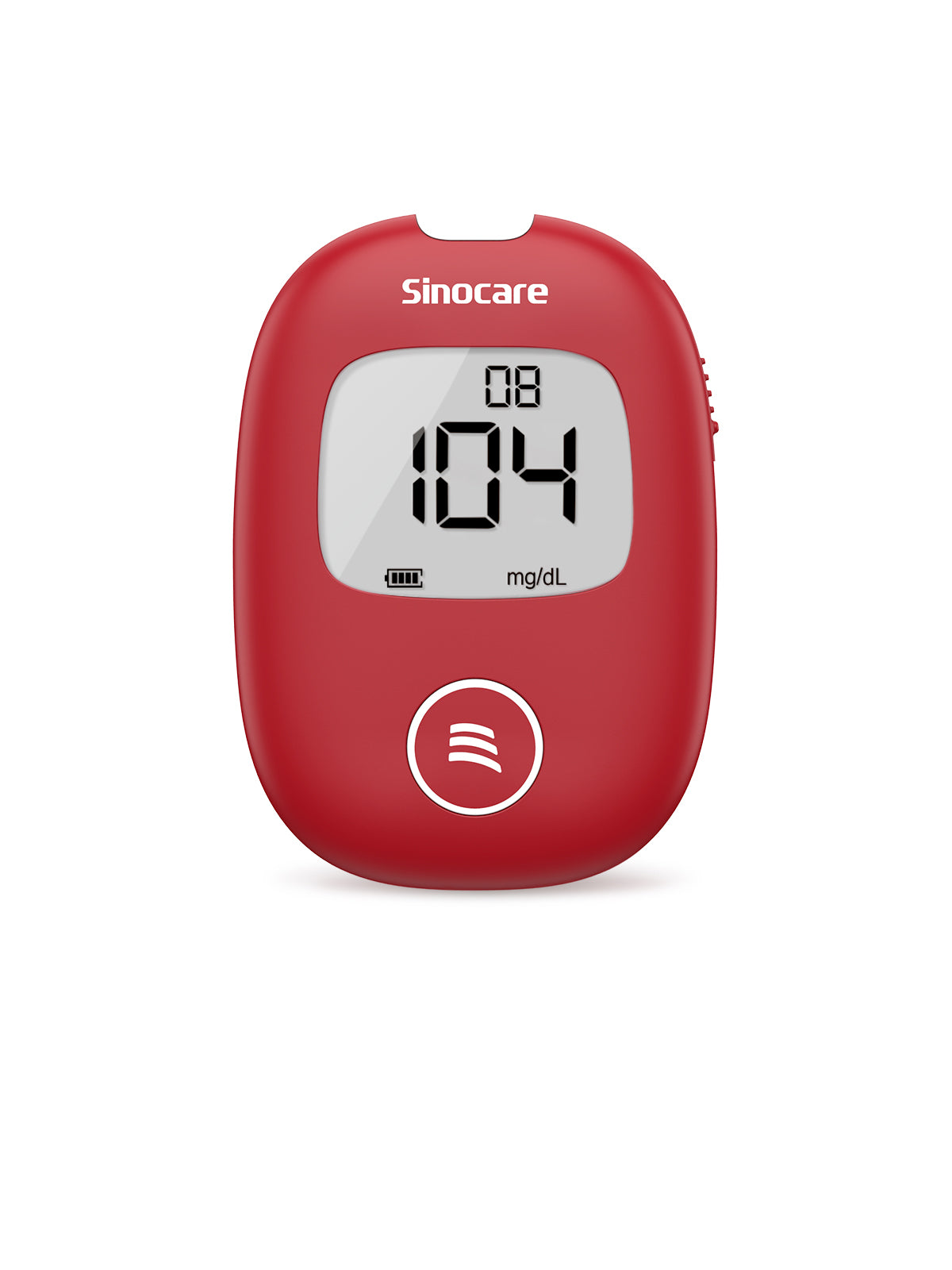
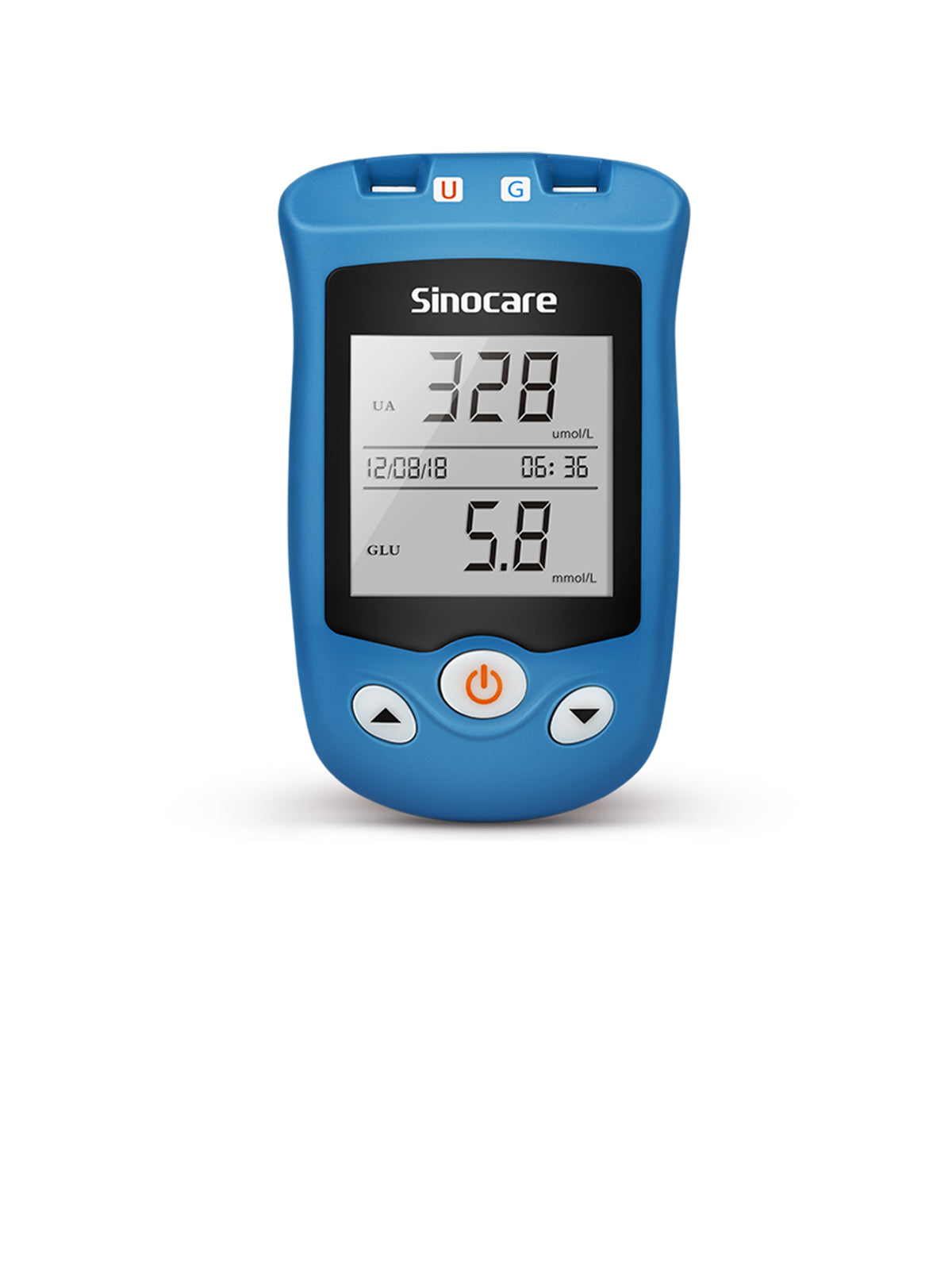
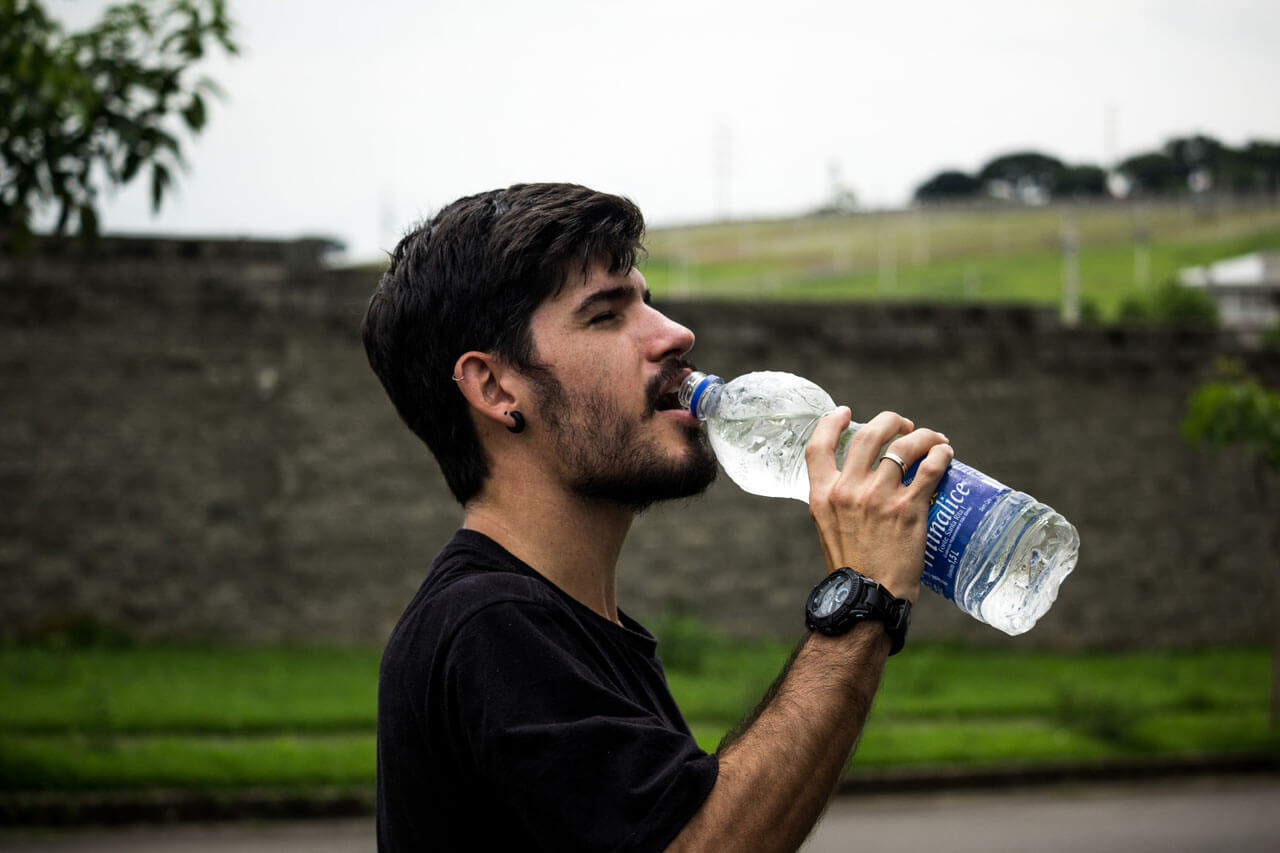
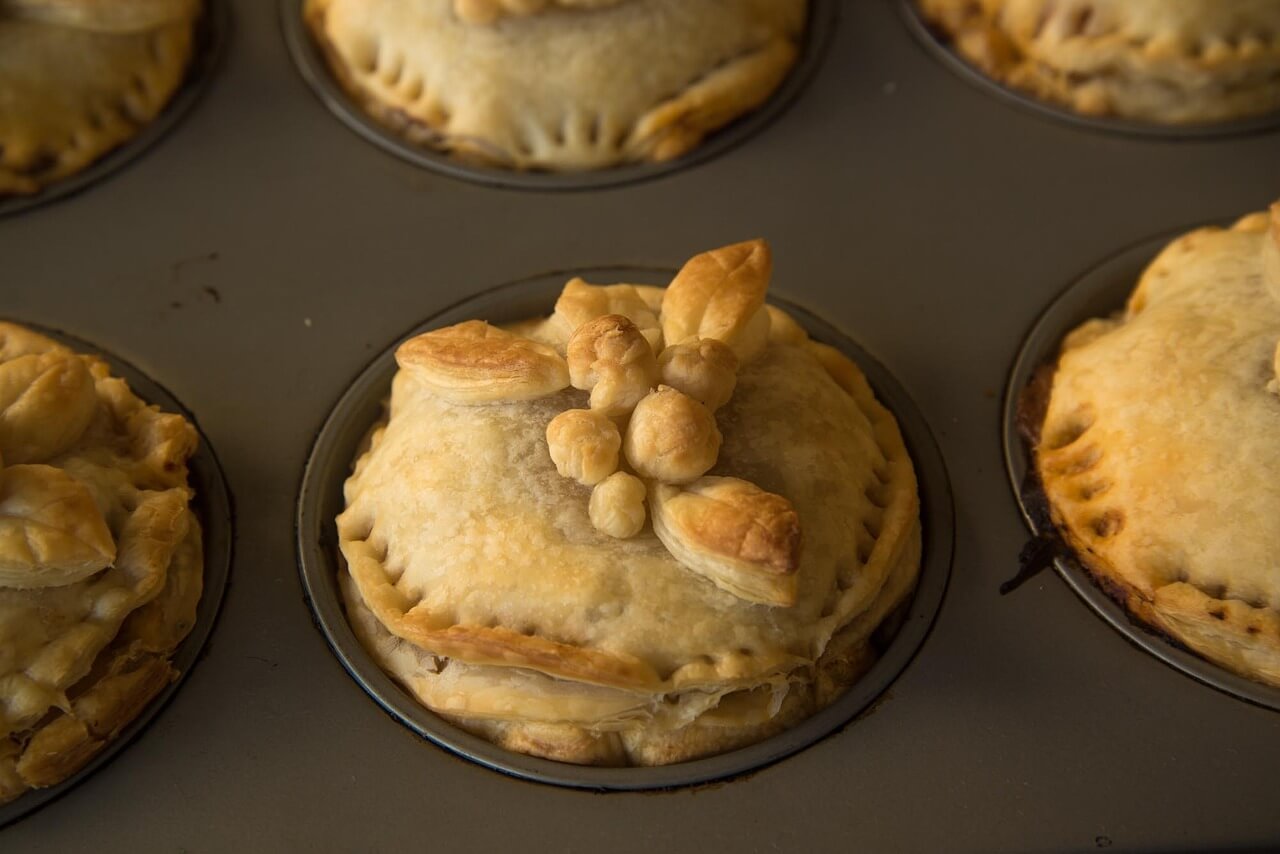
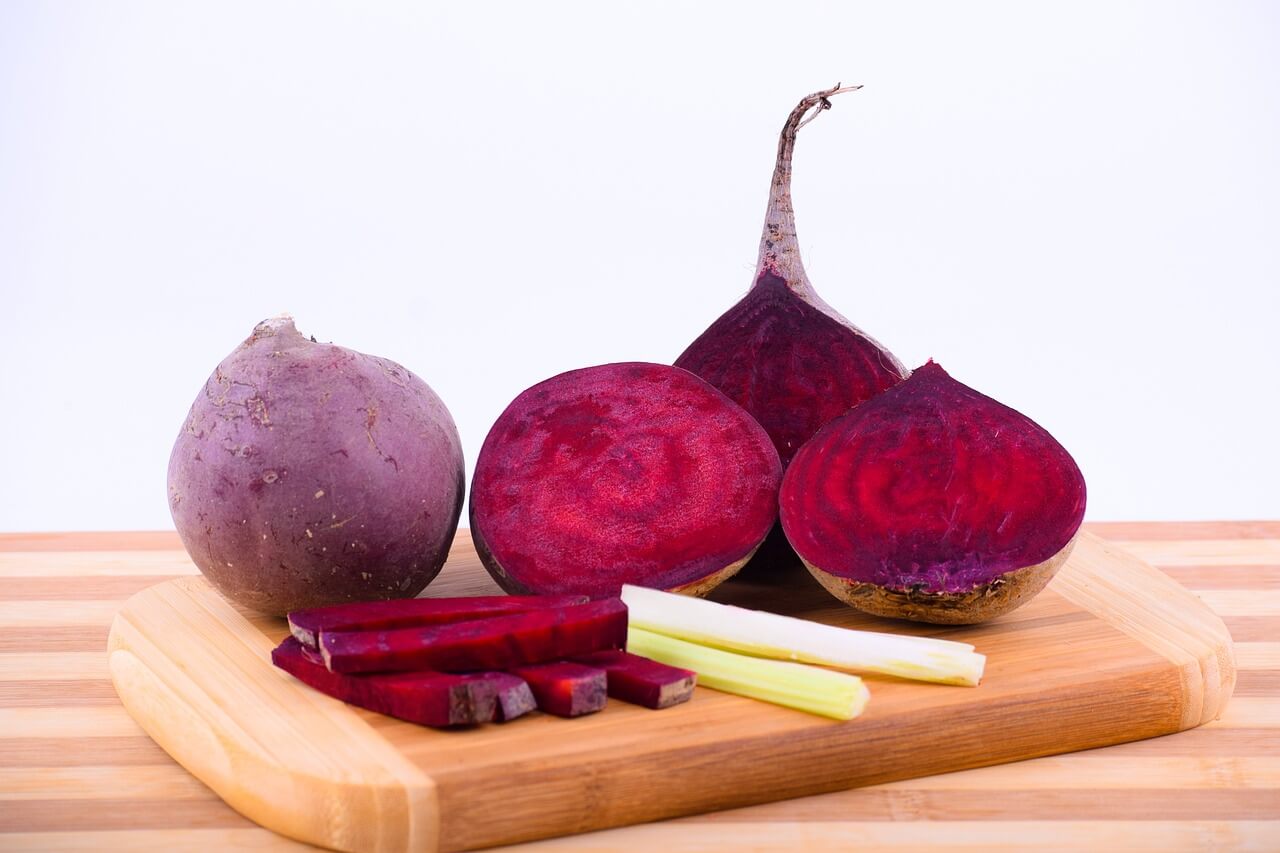

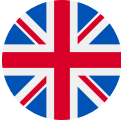

1 comment
Bredernitz,Monika
Guten Morgen,
Die Ausführungen die man hier schreibt helfen mir ungemein .
Ich bin 62.Jahre und habe Diabetes 2 an der Backe und fühle mich garnicht wohl dabei.In Feb diesen Jahres hatte ich einen Schlaganfall Der glücklicher Weise gut ausgegangen ist.Dank meiner Tochter.Bewegungseinschränkungen,
Sprachstörungen ,Schluckbeschwerden,
Bewustseinseintrübungen haben mir sehr zugesetzt.Doch die Hilfe meiner 4.Kinder und dem Pfegedienst haben mir sehr geholfen in dieser Zeit.Möchte auch meine 5.Enkel und Enkelinen nicht vergessen.Diese haben mir sehr viel Kraft gegeben.Dank allen kann ich ich heute wieder mit Rollator laufen.Ordendlich ,sprechen das man mich versteht.Meinen Haushalt wieder selbständig führen gehe wieder allein Einkaufen.Ist das nicht wunderbar. Deshalb sauge ich alles auf was meinen hohen Blutdruck den Diabetes besiegt.
Deshalb Danke für die sehr wichtigen Tips hier.
Mit freundlichen Grüßen
Monika Bredernitz
Leave a comment
All comments are moderated before being published.
This site is protected by hCaptcha and the hCaptcha Privacy Policy and Terms of Service apply.